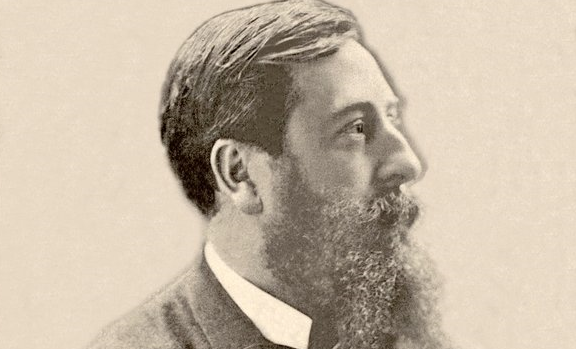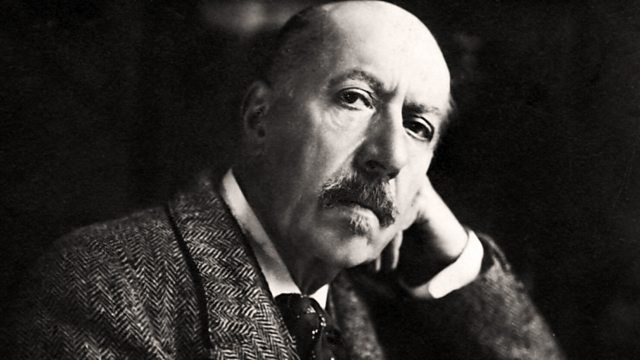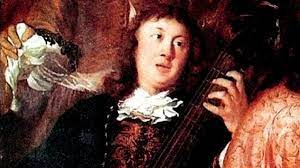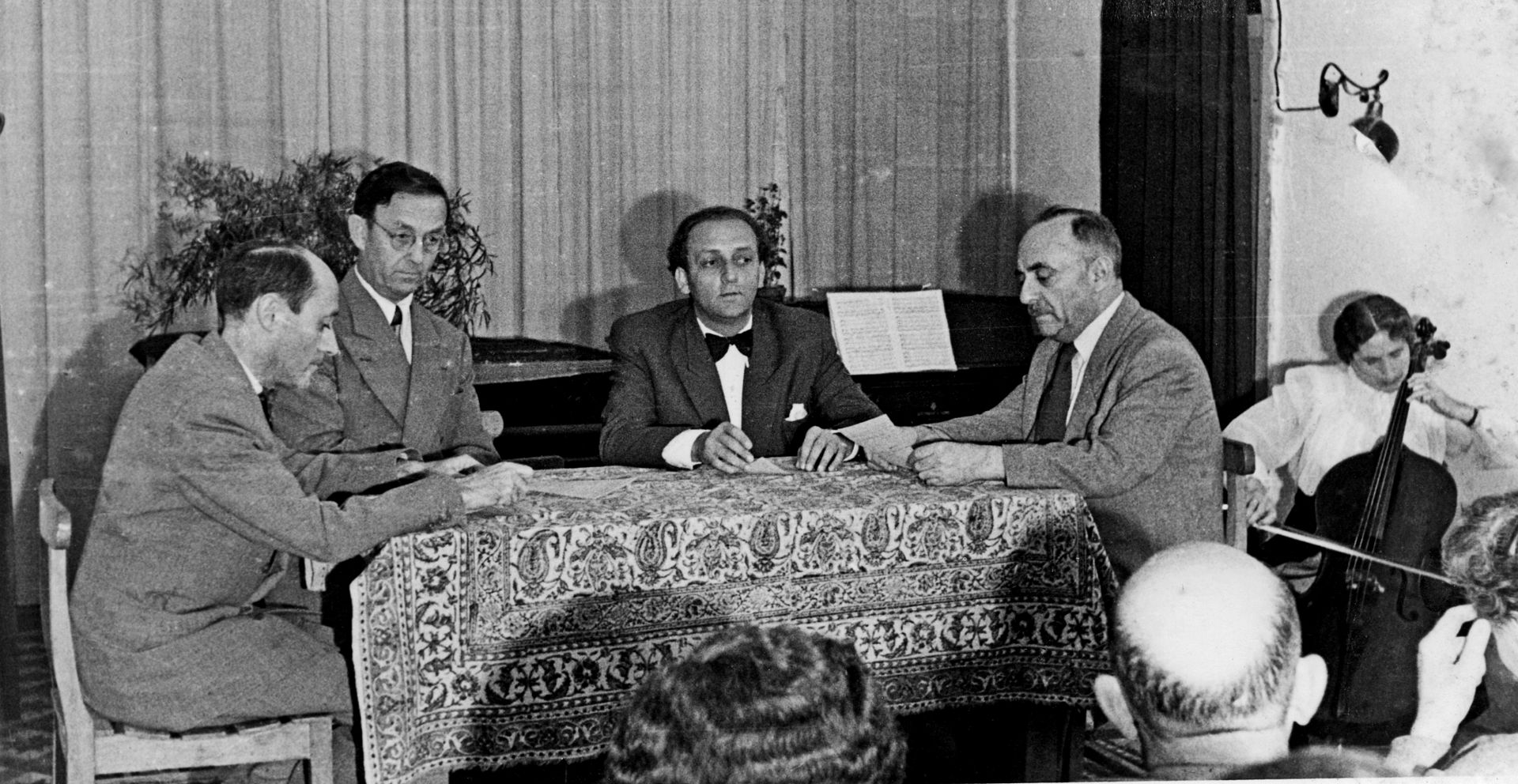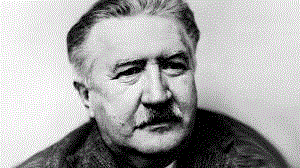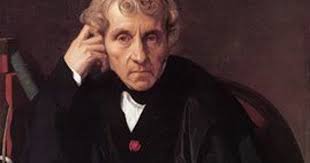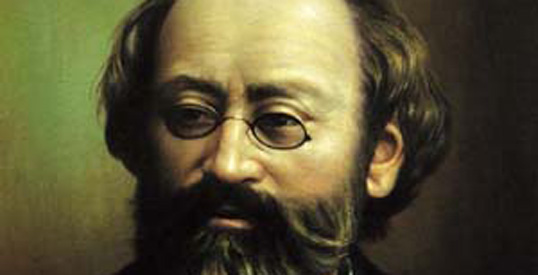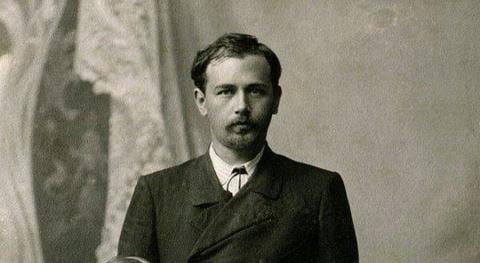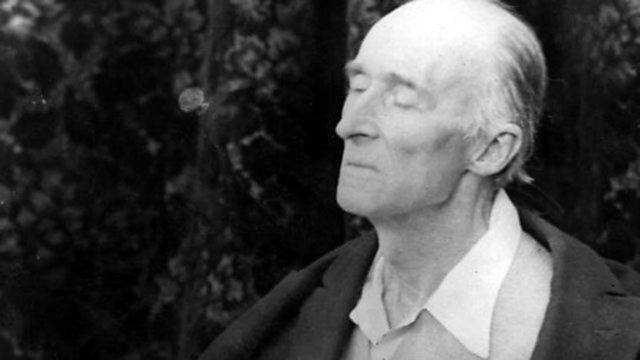Léo Delibes, born Clément Philibert Léo Delibes on February 21, 1836, in Saint-Germain-du-Val, France, was destined for a life immersed in music. His father was a mailman, but his mother and uncle were musicians, giving young Léo an early exposure to music. After his father’s death, Delibes moved to Paris with his mother, where his musical talent blossomed. At the age of 12, he entered the Paris Conservatoire, studying under renowned composers like Adolphe Adam and François Bazin. His early education prepared him for a versatile career in both sacred and theatrical music.
Charles-Marie Widor (1844–1937) is best known as a towering figure in French organ music. His contributions to organ composition helped shape the instrument’s role in both liturgical settings and concert halls. As the chief organist at the prestigious Church of Saint-Sulpice in Paris for nearly 64 years, Widor was at the forefront of the French symphonic organ tradition. His works, rich in complexity and drama, continue to inspire organists worldwide. In this article, we explore five of Widor's greatest compositions that showcase his technical mastery, artistic depth, and lasting legacy.
Dietrich Buxtehude (1637–1707) was one of the most influential composers of the Baroque period. His works, especially for organ and choir, profoundly shaped the music of his time and influenced composers like Johann Sebastian Bach, who famously walked over 250 miles to hear Buxtehude perform. Buxtehude’s compositions are revered for their complexity, emotional depth, and inventive use of counterpoint. Here are five of his finest works that every Baroque music lover should know:
Frank Pelleg (1910–1968), an Israeli pianist, composer, and conductor, holds a special place in the landscape of 20th-century classical music. His contributions as a composer and performer helped shape Israeli classical music, blending Eastern and Western musical traditions. Pelleg's works resonate with innovation, emotion, and deep cultural roots. Below, we explore five of his finest compositions that showcase his unique voice and creative genius.
Josef Suk (1874-1935) was a Czech composer and violinist whose works are celebrated for their emotional depth, lyricism, and reflection of the Czech musical tradition. As a student of Antonín Dvořák and a member of the Czech Quartet, Suk's compositions blend Romanticism with elements of Modernism. Below, we explore five of his most remarkable compositions, highlighting why they stand out in his oeuvre.
Luigi Cherubini (1760–1842) was an Italian composer whose works were celebrated for their technical mastery, dramatic intensity, and contribution to the development of early Romantic music. Though he composed in a variety of genres, Cherubini is best known for his operas and sacred music. His ability to blend classical form with emotional depth influenced later composers, including Beethoven, who admired Cherubini greatly.
Max Bruch (1838–1920) was a German Romantic composer whose works, though sometimes overshadowed by his contemporaries, remain deeply beloved for their lush melodies and emotional depth. Best known for his violin concertos, Bruch's compositions cover a wide range of orchestral and choral music that continues to captivate listeners worldwide. Below, we explore five of his finest compositions that showcase his extraordinary talent.
Mykola Leontovych, the Ukrainian composer and conductor, is best known for his deeply spiritual and folkloric works. Born in 1877, Leontovych’s music is rooted in Ukrainian folk traditions, infused with his passion for sacred choral music. Though his life was tragically cut short, his contributions to the world of music are enduring. This article explores five of his best-known compositions, each a masterpiece that showcases his unique ability to blend tradition with innovation.
Frederick Delius (1862–1934) was a British composer renowned for his unique blend of Impressionism and Romanticism. His music is often characterized by its lush orchestrations, lyrical melodies, and rich harmonic textures, evoking nature, mood, and deep emotional undercurrents. Delius’s work, while somewhat overlooked in his time, has come to be appreciated as visionary and deeply atmospheric. Below, we explore five of his best compositions, showcasing his masterful ability to blend melody, harmony, and mood.
